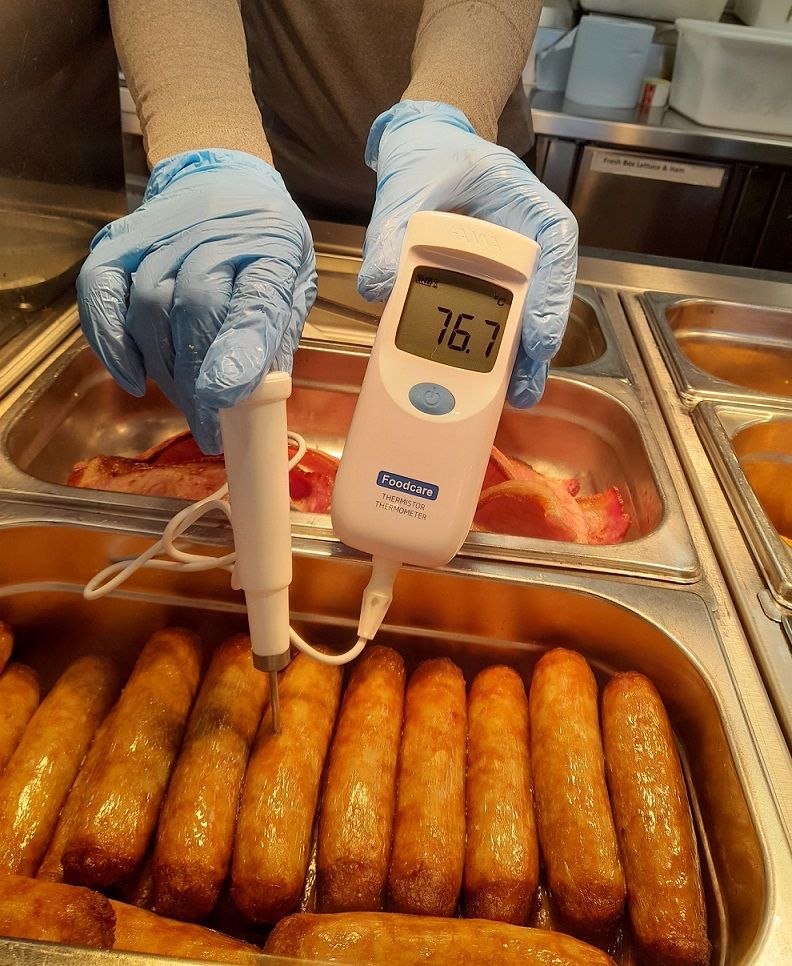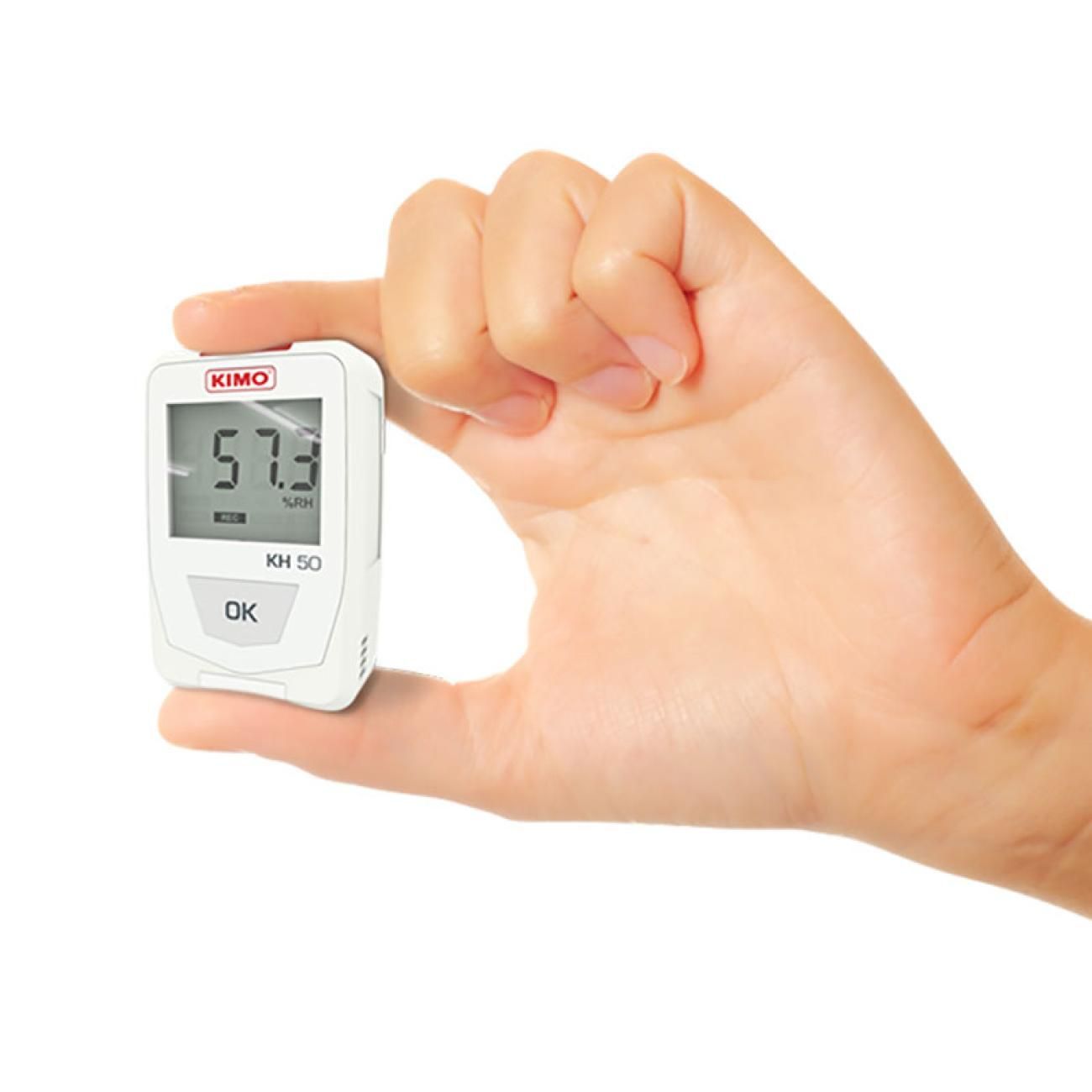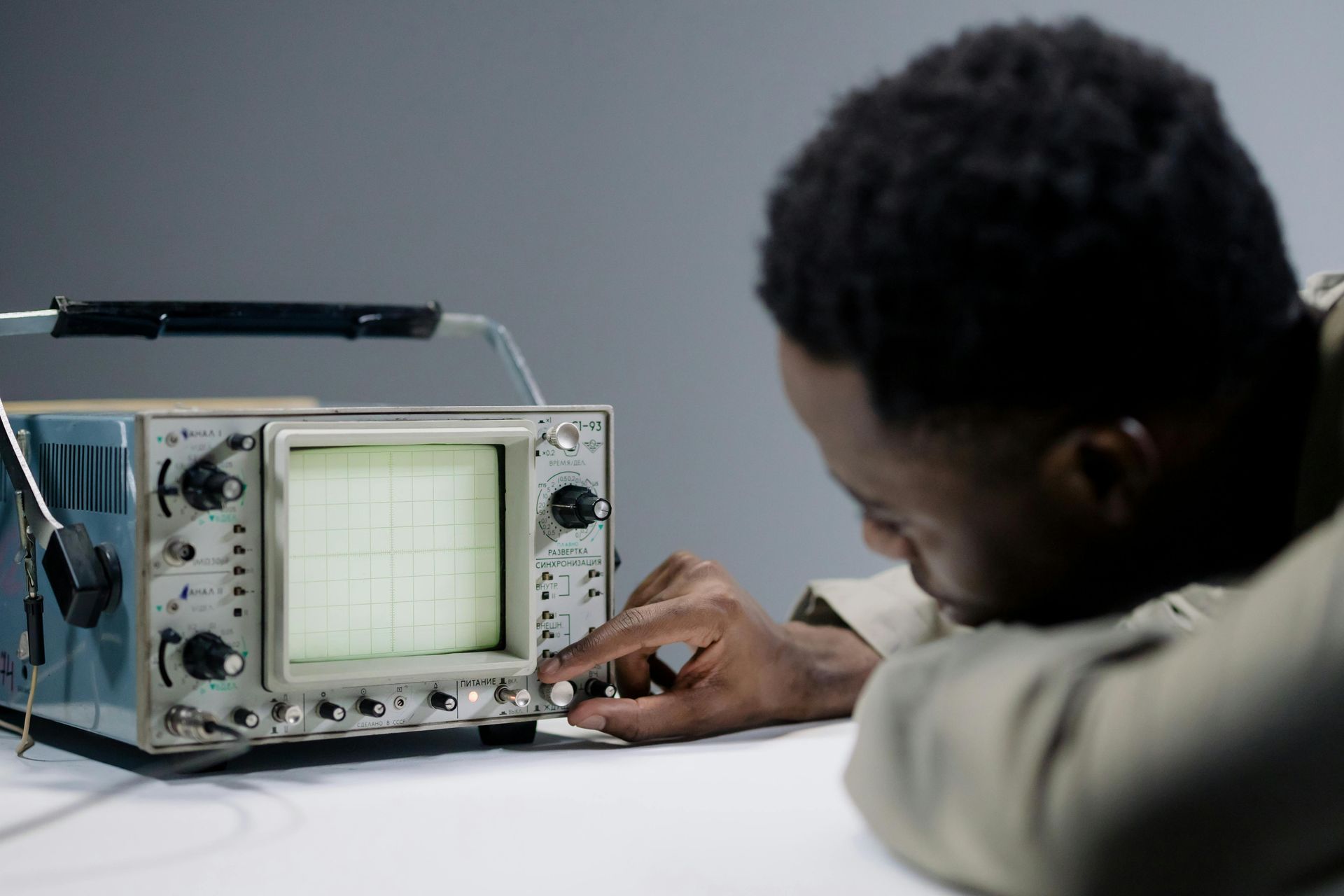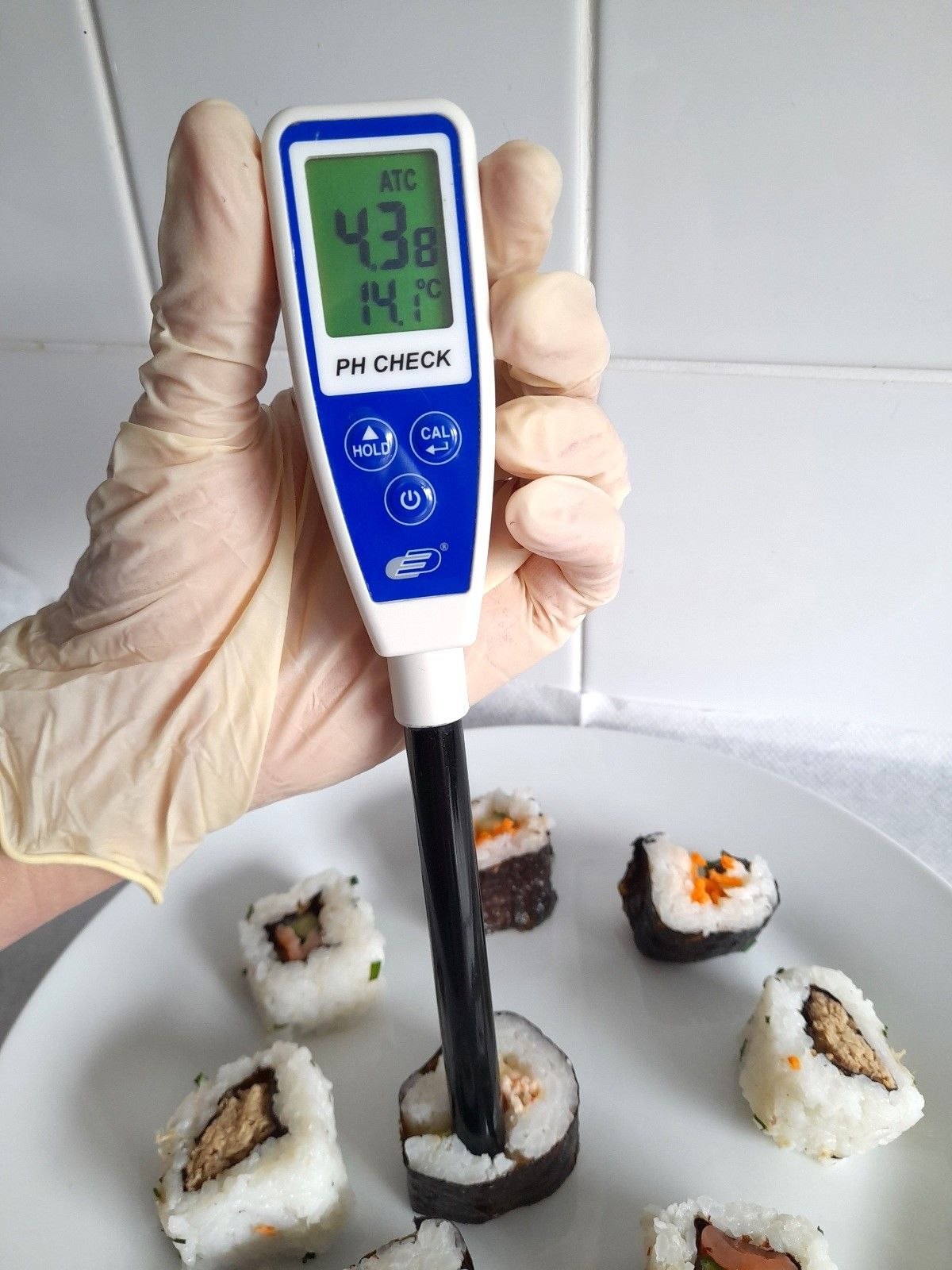26 February 2021
Daylight, Sunlight and Illumination - Does it light up your face?
Daylight is the direct or indirect light from the sun - when the sun sets, it no long illuminates the Earth. The sun produces infra red and ultraviolet light and by the time it filters through the earth's atmosphere - we can see the sunlight!
Why is sunlight good for you?
Sunlight increases the serotonin levels in our brain and helps us sleep better. It makes you feel good and energised. When we expose our skin to sunlight, it helps us to produce vitamin D which helps our bodies to maintain calcium. Low levels of vitamin D have been linked to various illnesses. It is suggested that we should spend no longer than approximately 15 minutes exposure to the sun especially around noon, when the sun’s UV rays are at its highest.
Why is too much sunlight bad for you?
If you spend too long in the sun without protection i.e. sunscreen to protect your face and body and sunglasses that filter UV light to protect your eyes - you increase the risk of skin or eye damage. Depending on your skin type and the place you live, will determine how safe or how long you can stay in the sun.
Seasonal affective disorder SAD
SAD or seasonal affective disorder is a condition linked to low levels of serotonin which in turn can lead to depression. Artificial light therapy boxes can offer some treatment for SAD. The recommended dose of light is 5000 lux hours per day to be effective.
What is lux?
The amount of light that falls onto a surface is measured in lux (or also known as foot candles, or fc, lm/ft2, ft-c). One unit of measurement is referred to as lux. As a unit of measurement, one foot candle is equal to approximately eleven lux. The further away you are from the light source the smaller the measurement of lux.
Using a lux meter to test light in the workplace and making any adjustments necessary, could help to reduce headaches and eye stress amongst staff. Lux meters are also useful in horticulture to determine the level of light for plants or to help determine light levels in laboratories.
Techris Systems supply a range of lux meters with illuminance measurement in lux or fc.











